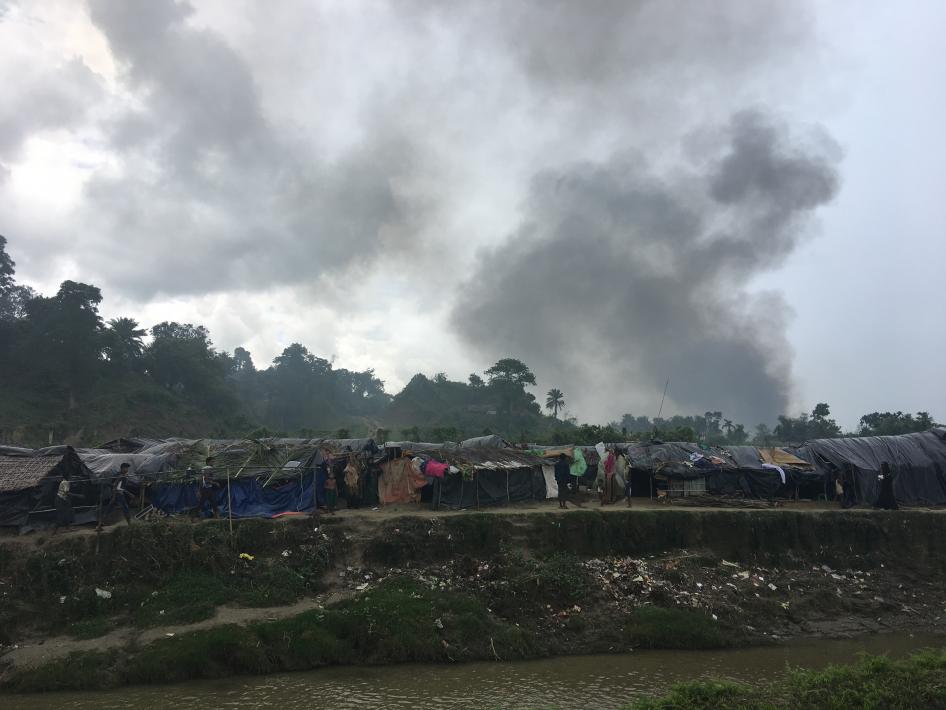United Nations member countries thwarted an attempt by China to slash proposed funding for investigations into Myanmar’s ethnic cleansing campaign against Rohingya Muslims. This ensures that a newly established UN body will have the necessary financing to gather and preserve criminal evidence for future trials.
After marathon negotiations – during which China called for cutting the proposed budget in half – the UN General Assembly’s budget committee approved without a vote some US$28 million for investigations in Myanmar, only slightly less than the proposed US$29 million budget.
In September, the UN Human Rights Council voted to establish an international body to help prepare evidence for future criminal proceedings. A UN fact-finding mission reported earlier this year that Myanmar security forces committed war crimes, crimes against humanity, and genocide against ethnic Rohingya in Rakhine State. The report also examined abuses by the Arakan Rohingya Salvation Army and by government forces and ethnic armed groups in Shan and Kachin States.
The UN Security Council, where China holds a veto, has been largely passive on the Rohingya crisis. It has held a handful of meetings and adopted several statements, though Beijing has vigorously opposed putting pressure on Myanmar with targeted sanctions or other measures. Unlike the Security Council, no country has a veto in the General Assembly so China was unable to block the push by the European Union, United States, Canada, Switzerland, and Kuwait on behalf of the Organisation of Islamic Cooperation (OIC) to end debate and approve funding for the investigation.
In recent years, the General Assembly’s budget committee has become one of the UN’s biggest human rights battlegrounds. China and Russia have led an assault on funding for human rights posts in peacekeeping and political missions, targeting for defunding virtually every UN post with the words “human rights” in the job description.
China and Russia seem intent on destroying the UN’s human rights pillar post by post. UN member states, regional organizations like the OIC, UN Secretary-General Antonio Guterres, and senior UN officials need to remain vigilant and use their authority to thwart them every step of the way. Otherwise the UN’s ability to protect and promote human rights and expose abuses could become a thing of the past.
Human Rights Watch




















































